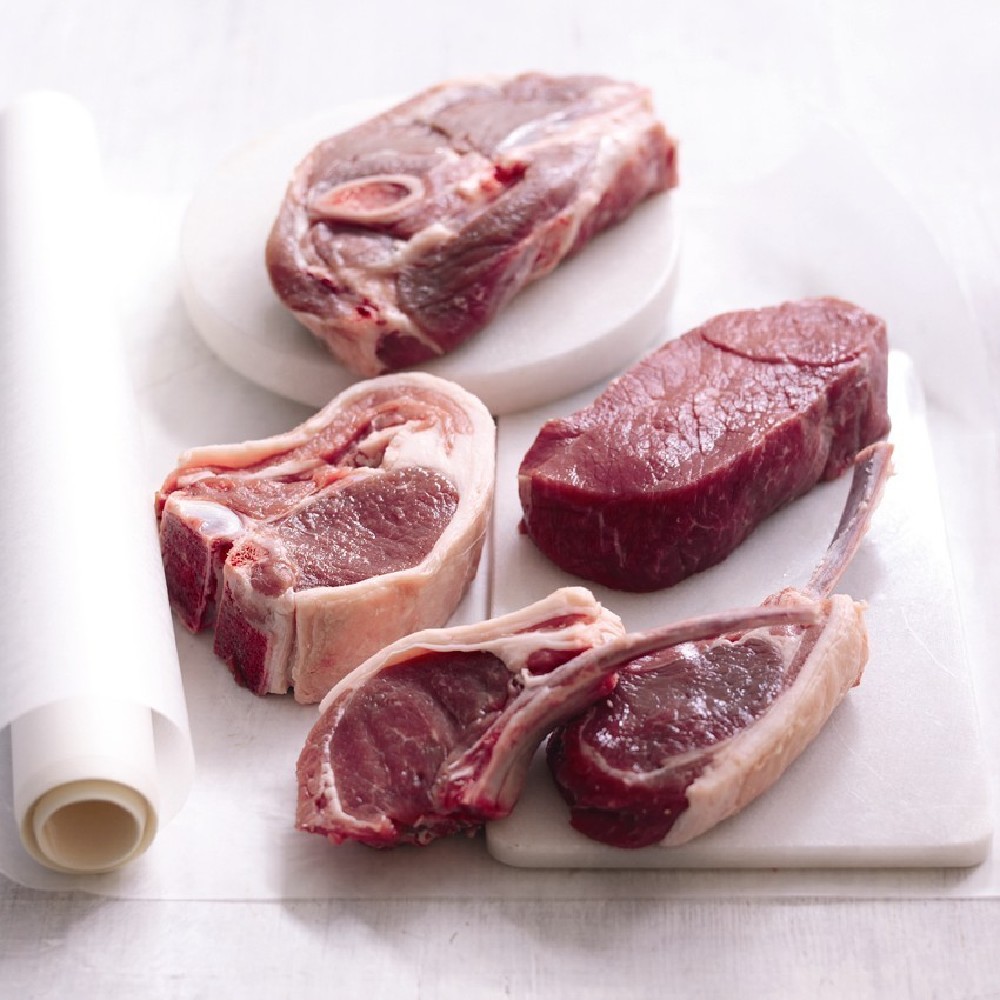
Do you eat enough red meat?
Millions of people in the UK are putting their health at risk because of inadequate intakes of vital vitamins and minerals, a new study has revealed.
But the research also highlights just how important the role of red meat is in the diet in helping to cover this nutrition gap.
Meat has been a staple part of the human diet since the dawn of mankind, but in recent years there has been some debate over whether too much red meat can raise the risk of health problems.
Now a team of researchers has studied the issue of meat in the diet to help gauge just how important it is for a healthy mind and body – as well as the crucial nutrients that red meat in the diet brings.
The latest study found that data from dietary surveys indicates that UK diets for people of all ages can be worryingly low in nutrients normally found in meat, such as vitamin A, vitamin D, iron, magnesium, zinc, selenium and potassium.
Independent dietician Dr Carrie Ruxton, who led the study, says: “Meat has long played a central role in the human diet and is now recognised as an important source of high-quality protein and essential micronutrients. The research indicates that even in developed countries such as the UK, with a plentiful food supply, there is evidence of under-consumption of key vitamins and minerals which support long-term health. It is notable that many of these are present in red meat, such as iron, vitamin A, vitamin D, selenium, magnesium, potassium and zinc.
“Integrating red meat into diets across the age spectrum, from infanthood to old age, may help to narrow the present gap between intakes and recommendations. In addition, there is emerging evidence that nutrients commonly found in red meat may play a role in supporting cognitive function, immune health, and addressing iron deficiency. While concerns have been raised about the potential impact of meat on the risk of chronic disease, there is little evidence and may be triggered by meat cooking methods or other dietary factors.
“Moderate amounts of lean red meat provide a wide range of important nutrients, without substantially increasing intakes of energy and saturated fat. When consumed in moderate amounts as part of a balanced diet, lean meat is unlikely to increase the risk of chronic disease yet provides an important source of micronutrients. In addition, people who eat lean meat regularly tend to eat more vegetables, fruits, low-fat dairy products and have a higher intake of nutrients overall, suggesting that inclusion of red meat does not displace other important foods.”
The researchers say that integrating red meat into diets across the age spectrum, from infanthood to old age, may help to narrow the present gap between vitamin and mineral intakes and recommended levels. In addition, there is emerging evidence that nutrients commonly found in red meat may play a role in supporting cognitive function, immune health and addressing iron deficiency.
UK nutrition - the seven ages of mankind
- Infants and pre-school children - studies show that diets in this age group are low in vitamin A, vitamin D, iron, zinc.
- Pre-pubescent children – diets were found to be low in vitamin A, magnesium, iron and zinc. Boys tended to have higher intakes of iron and thiamin than girls.
- Teenagers (13 to 18 years) – diets are low in many key nutrients - including vitamin A, vitamin D, iron, magnesium, zinc, selenium and potassium.
- Adults of reproductive age (19-50 years) – diets, particularly for females, fall short in magnesium and iron, as well as zinc, selenium and potassium.
- Pregnancy and lactation - Women on average fail to get enough calcium, magnesium, iron, iodine, selenium and potassium and vitamin D.
- Middle-age and older age (50 years and above) – while this group have better quality diets, there are still shortfalls in intakes of magnesium, zinc and potassium.
- Older-age (75 years and beyond) – data shows that in adults aged over 85, intakes of magnesium, zinc and potassium are below the recommended nutrient intake.
Tagged in Nutrition Diet Healthy eating Healthy Diet Plan

